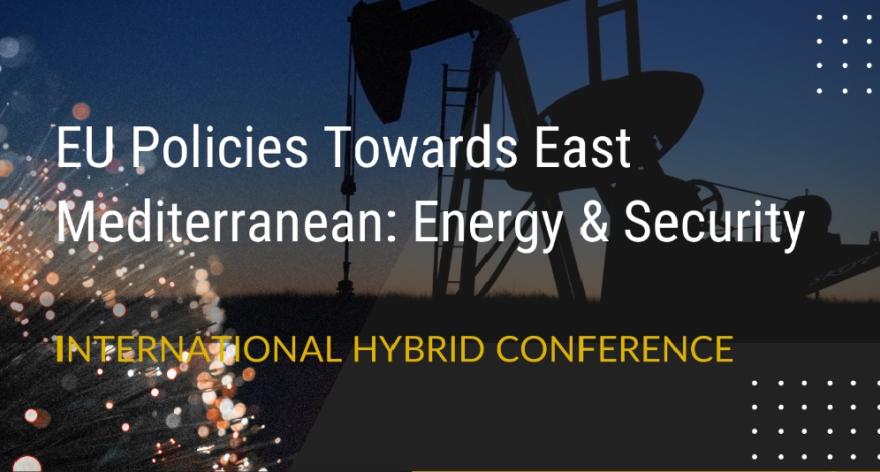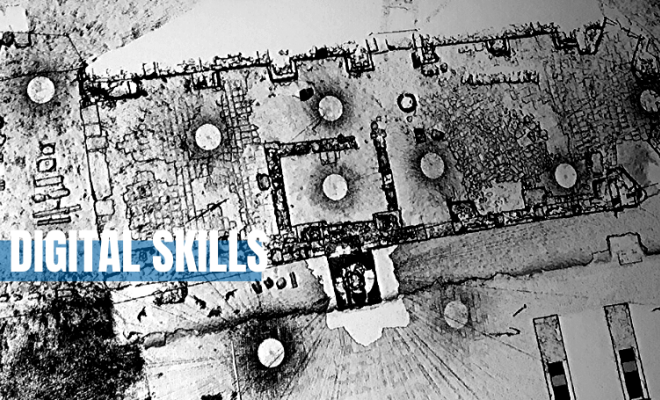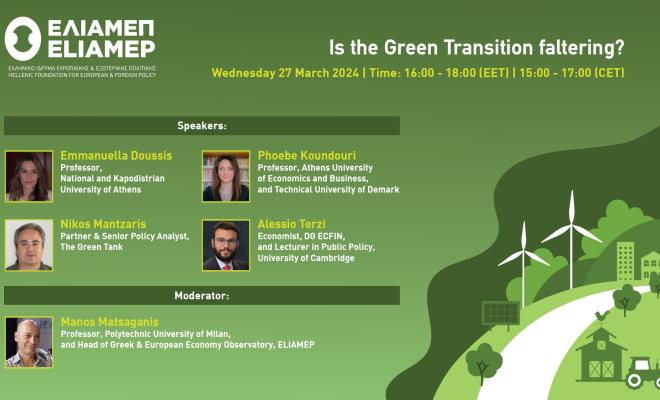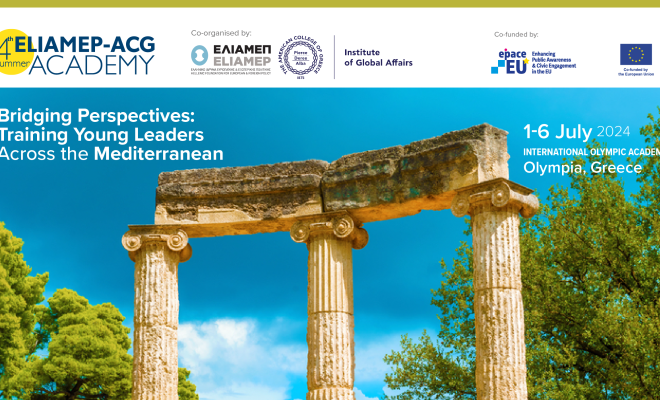
The Jean Monnet European Center of Excellence of the University of Athens organized in Athens on November 4 2022 an International Conference on Security and Energy in the Eastern Mediterranean, with a welcome from the Minister of Foreign Affairs N. Dendias, and the participation of dozens of experts from Europe, the USA and Eastern Mediterranean countries.
The first session was dedicated to maritime delimitation issues in the Eastern Mediterranean. Under the chairmanship of the Dean of the Faculty of Law of the University of Athens, Professor L-A. Sisilianos, Professor J.L. Suarez de Vivero from the University of Seville, author of the "Seville Map", Professor N. Ros (France), Dr. Y. E. Acikgonul (Turkey), energy expert A. Varshavsky (Israel) and Assoc. Professor I. Stribis (University of the Aegean) analyzed the effect of islands on maritime delimitation, the stages of the delimitation process, and delimitation agreements between neighbouring states in the Eastern Mediterranean. The need to respect international law and negotiate in good faith was also underlined.
The second panel’s focus was on security issues in the East Mediterranean. The panel was coordinated by Professor at the University of Athens P. Tsakonas, while Gen. (ret.) A. Gilead (Israel), Dr. R. Meinardus (Germany), Professor C. Aktar (Turkey), Dr. P. Savvides (Cyprus), A. Burweila (Libya) and Professor K. Ifantis participated in it. It was stretched that Greece is a precious partner to Israel, as well as the stance of Berlin that Greek sovereignty on the Aegean islands is unquestionable. Special mention was made of Turkey’s practice to abusively evoke Art. 51 of the UN Charter on self-defence. Thus, aggressive Turkey moves towards becoming a pariah-state. Libyan analyst A. Burweila made evident that the Libyan-Turkish agreements are null and void not only from an international law perspective, but also with regards to Libya’s national law.
Under the coordination of Professor N. Farantouris, former Minister of Energy, Professor G. Maniatis (University of Piraeus), K. Stambolis (Institute of Energy of South-Eastern Europe) and A. Burweila (Libya) participated in the third panel which treated the subject of energy challenges in the Eastern Mediterranean. The speakers emphasized that, for the next 30 years, Europe's energy mix will include both natural gas and renewables, hence the need for rapid exploitation of natural gas deposits in the Eastern Mediterranean, and their importance for the EU’s independence from Russia. The two Greek speakers supported the importance and viability of the EastMed pipeline. Ms. Burweila presented the recent Libyan proposal for the construction of a gas pipeline from Greece to the eastern Libyan coast. The proposal was based on an earlier discussion and planning of this route in 2007-2009, as analyzed by the intervening former Deputy Minister of Foreign Affairs G. Valinakis, who also explained its advantages in relation to EastMed. Therefore, the reinstatement of the proposal should be seriously considered.
In the last panel, chaired by the former Deputy Minister of Foreign Affairs Professor G. Valinakis, the prospects for the future were examined with the participation of American analyst Dr. M. Rubin (American Enterprise Institute), A. Aydintasbas (Turkey/Brookings Institution), Ambassador (ret.) M. Harrari (Israel) and Dr. Th. Dokos, national security adviser to the Prime Minister. Dr. Rubin was very critical of Turkey's international behaviour. Ms. Aydintasbas maintained that the NATO de-confictional channels are of vital importance. Finally, the former Israeli ambassador Harrari underlined the risk of escalation "due to wrong perceptions" and recommended preventive normalization diplomacy and the "non-exclusion of Turkey".




